What Are Marine VHF Radios, Marine GPS and Marine Autopilots?
Consumers’ Marine products involve using various essential and relevant equipment in marine travel, without which marine adventuring and travel can become risky. Consumers Marine, as the name suggests, caters to the consumers of marine travelling, offering them the necessary support system and technological back-up required to maintain their intended route and position in the water.
And the equipment offered to Consumers Marine is vast in terms of variety, so potential clients and users might get to choose their marine equipment from a more extensive collection than a smaller one. Of all the types of equipment involved, the three main ones that form the core of Consumers Marine are the Marine VHF Radios, Marine GPS Systems and the Marine Autopilots.
All the three above-mentioned Consumers Marine equipment are essential and relevant in their way and, in contemporary times, have gone a long way in easing the complexity of travelling through waters.
Marine VHF Radios
VHF means very high frequency and is an important component of marine mobile radio service which is used for sending a distress message by seamen. Marine VHF Radios are two-way communicators that transfer and receive messages to and from the responding station. It has a VHF antenna which transmits high-frequency waves, measured in MHz. VHF radio can range up to 30 nautical miles if the antenna is high enough.
However, the most critical function of a Marine VHF Radio is that it is beneficial when sending distress signals across the channels to coast guards and other ships and boats in the periphery. Also, specific Marine VHF Radios can be used to make calls through a marine operator for a certain sum making it double up as a telephonic communicator.
Another vital aspect of Marine VHF Radios comes in two main categories: portable and non-portable. Some also have an inbuilt GPS receiver and an AIS receiver too. A handheld VHF radio has waterproof coverings and is battery-operated to facilitate power transmission. So even if they fall into the water, they can float and still function.
The fixed or the non-portable VHF marine Radios cover a lot of aerial ground. Their power transmission and energy source are enormous compared to their portable counterparts and are far more feasible regarding their operational facilities.
Fixed radios also offer the Digital Selective Calling or dsc feature, which sends your location to the nearest coast guard with the push of one button. However, for this function, the radio should have its internal GPS receiver or be connected to another GPS on a boat, like a chart plotter.
To take maximum advantage of dsc radio, one should have a maritime mobile service identity or mmsi number, which can help you to connect with other vessels in the vicinity.
All boaters and sailors are required to have a VHF Radio on board their vessel, per United States Coast Guard. Most radios offer full international coverage with three maps of the USA, Canada and international waters.
How to use a VHF Radio
Always perform a radio check to ensure that it is working correctly. However, channel 16 should not be used for this. The radio should be turned to a one-watt power setting, and the microphone should be keyed. Call ‘radio check thrice along with the vessel name and the location. Then you can wait for the reply.
You can use a calling channel depending on the nature of the distress and the kind of assistance needed. A ship wanting to call a boater can do so on channel 9, and anybody, including boaters, can call a commercial vessel or shore via channel 16. This regulation prevents congestion on channel 16, the distress, safety and calling frequency. Also, boaters must maintain a watch on either channel 9 or 16 when the radio is on and not communicate with any station.
When using a VHF Radio during an emergency, tune it to channel 16 and full power. If your life is in danger, you can make a distress call by saying “Mayday Mayday Mayday,” the name of the vessel and call sign. After the coast guard responds, reply with the position of the vessel, ideally with your latitude and longitude from the GPS. A rescue boat can find you easily if the distress call offers complete information.
If you are not in a life-threatening situation but a bad position, say “pan-pan.” You can also give additional information such as vessel movement, speed, destination and number of people requiring medical attention and tow, the colour hull, cabin etc. Repeat in intervals if you do not receive an answer from the other side.
According to the Telecommunications Act of 1996, recreational boaters can use a VHF radio, an EPIRB and marine radar without an FCC ship station license.
Marine GPS Systems
Marine GPS Systems have become an essential apparatus for marine travel. Just like their counterparts fixed in cars, Marine GPS Systems help ships and boats stay on course, especially in areas where marine life forms thrive.
Importance of Marine GPS Systems
Everyone should have a GPS onboard, even when sailing on a small boat near the coast. Conditions at sea are everchanging, and mechanical failure or bad weather is possible. Also, modern GPS is not very expensive.
Most people might ask, why buy a GPS when you have one on your cellphone? However, mobile phones have many drawbacks. They are not fixed on your vessel. They might break or get damaged by strong waves, they are not waterproof, and their batteries die fast. Hence, GPS is essential life-saving equipment when you are at sea. Even non-professionals, recreational boaters and fishers should have a GPS with them.
Miscellaneous uses of GPS
Apart from showing your real-time location, GPS has other uses too.
For boaters, it can be used for setting up anchor alarms. You can make a geofence around your boat while it’s anchored, and if it gets loose and breaks the geofence, the alarm is triggered. Hence, it can function as a security system and even if you are away from it, if someone tries to steal it, you get a text message on your phone.
If it is connected to other electronic devices, it can offer other functions too. For instance, it can allow the autopilot to steer the course and provide additional data on the digital charts. It can give the VHF radio the position data of your vessel.

Also, Marine GPS Systems enable shipmen to pinpoint the location of other ships to avoid any collision in the waters and thus cause damage to people and cargo aboard the vessel. It is important to note that Marine GPS Systems come with protective waterproofing, have buttons and dials that can be operated even through gloves and offer easy usability to all marine travellers.
The accuracy of GPS depends on many factors, including atmospheric conditions, receiver quality etc. Once operational, a GPS continuously updates your location while offering speed and directional information. It also enables sailors and boaters to permanently save locations, commonly known as waypoints, to mark a fishing hotspot, a reef, etc. One can also make a waypoint route to reach points A to Z.
While earlier GPS showed position in terms of latitude and longitude, their modern counterparts show the location as a digital chart, much like you see your location on a street map on your mobile phone.
Such GPS, also called chartplotters, have comprehensive and detailed maps with great accuracy.
Marine Autopilots
Marine Autopilots form the third and final support system of Consumers Marine. In the old days, a ship had to be physically manoeuvred by the captain, leaving no scope for the captain to mingle with the rest of the ship’s crew. In contemporary times, however, the emergence of Marine Autopilots has solved the problem of physically manoeuvring the ship or the boat, thus allowing the captain far more flexibility in his operations.
Marine Autopilots are available in a wide array of forms. They can be classified from complex models to simple ones, thus offering support not only to experienced seafarers but also to newer and fresher ones. Marine Autopilots also rely on Marine GPS Systems, thus making these two types of equipment dependent on each other to a larger extent.
The recent expectations of Consumers Marine reflect the development and evolution that has taken place in marine travelling. As times have changed, the demand for products and equipment by Consumers Marine has also changed. In today’s times, equipment like Marine VHF Radios, Marine GPS Systems and Marine Autopilots has become the core necessity of any marine travelling because without them, one can get lost in the huge maze of water surrounding the earth – both as well as symbolic.
Frequently Asked Questions
1. What is the range of a VHF marine radio?
It is used for contacting rescue services, docks, harbours, marinas, nearby vessels etc. It operates in a high-frequency range between 156 and 162.025 MHz, with a connecting range of 25 to 30 miles.
2. Which VHF channel should you avoid using as a working channel?
You should avoid channel 16 as it is the most crucial channel, used as national distress, safety and calling frequency.
3. What is the importance of GPS in the maritime industry?
The Global Positioning System has changed how the world operates, especially marine search and rescue, which has become relatively easier and quicker. GPS offers the fastest and the most accurate way for mariners to navigate and measure speed and location.
4. Can you use a GPS with a transducer?
Yes, you can still use the GPS. However, the transducer/sonar or the depth finder will not function. Hence, one must have a transducer since it performs a vital function.
5. Do all sailboats have marine autopilots?
New sailboats usually have pre-installed autopilot; however, you can get one installed on older boats. Different autopilot systems are used for other boats. It is helpful on long sailing trips and saves lots of energy.
You might also like to read
- 30 Types of Navigation Equipment and Resources Used Onboard Modern Ships
- What are SSB Radios?
-
New eBook Launched – A Complete Guide to Travel Safety for Seafarers (With FREE Checklists)
-
Marine Teaching Profession – Getting A Much-Needed Face-Lift
Disclaimer: The author’s views expressed in this article do not necessarily reflect the views of Marine Insight. Data and charts, if used, in the article have been sourced from available information and have not been authenticated by any statutory authority. The author and Marine Insight do not claim it to be accurate nor accept any responsibility for the same. The views constitute only the opinions and do not constitute any guidelines or recommendations on any course of action to be followed by the reader.
The article or images cannot be reproduced, copied, shared, or used in any form without the permission of the author and Marine Insight.
References: Vhfradios, Gpstrackingdevices, Yatchingmagazine
Do you have info to share with us ? Suggest a correction
Latest Marine Navigation Articles You Would Like:
Subscribe To Our Newsletters
By subscribing, you agree to our Privacy Policy and may receive occasional deal communications; you can unsubscribe anytime.
Web Stories

About Author
Zahra is an alumna of Miranda House, University of Delhi. She is an avid writer, possessing immaculate research and editing skills. Author of several academic papers, she has also worked as a freelance writer, producing many technical, creative and marketing pieces. A true aesthete at heart, she loves books a little more than anything else.



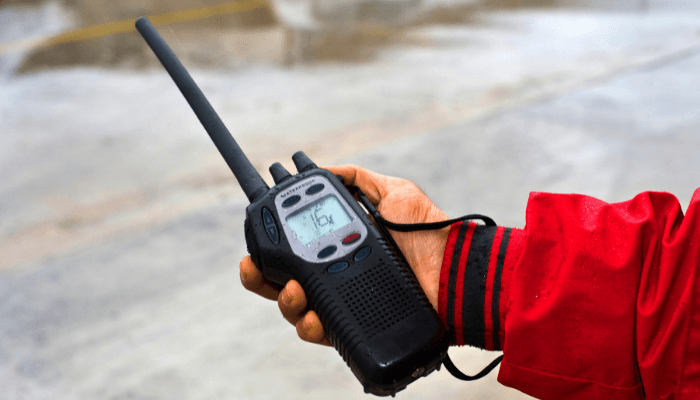
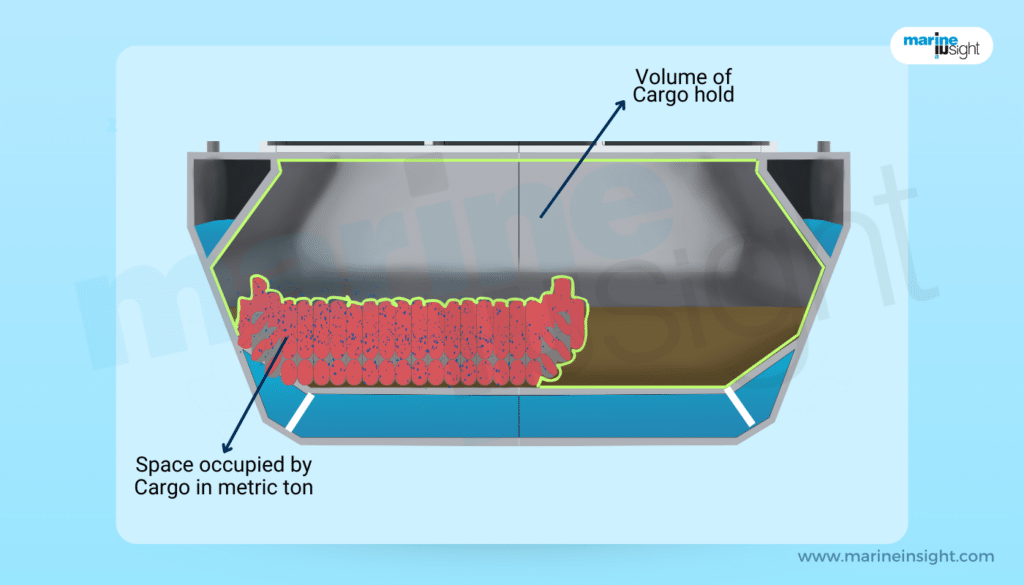


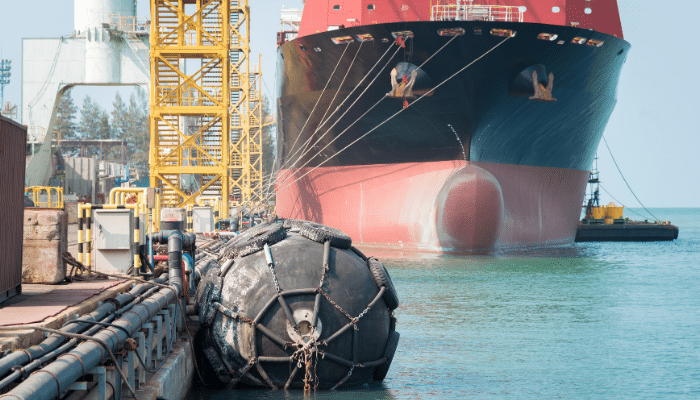
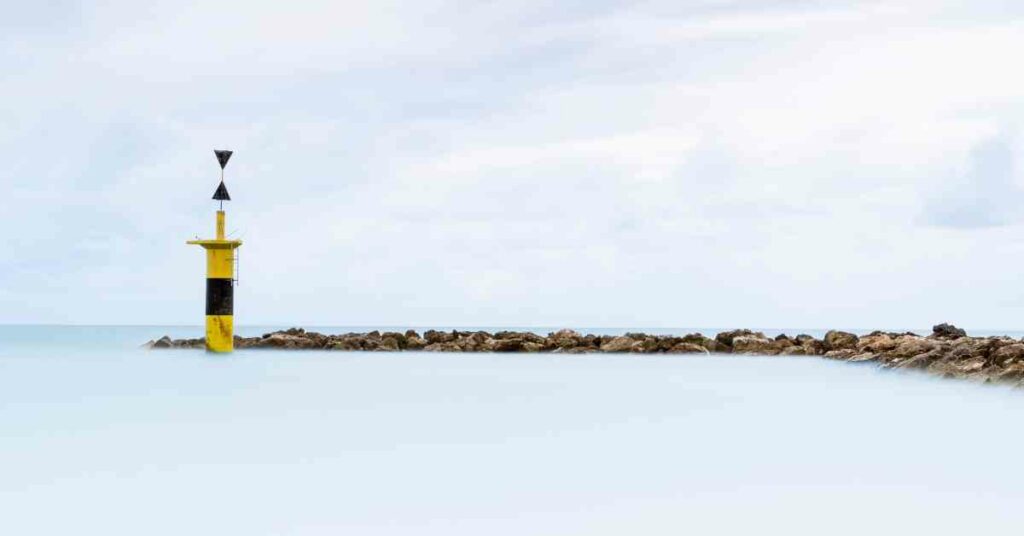
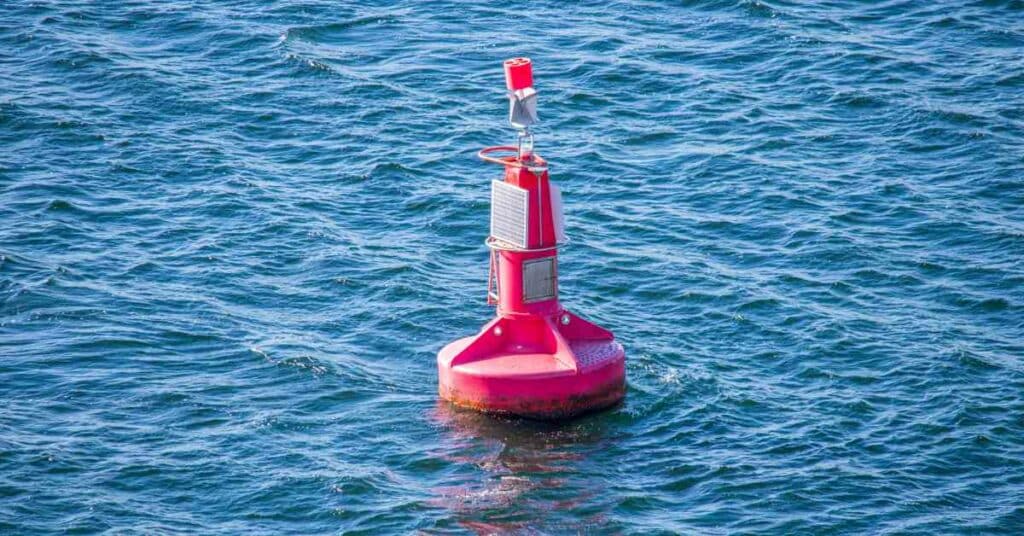




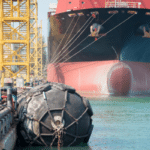

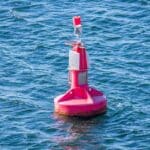

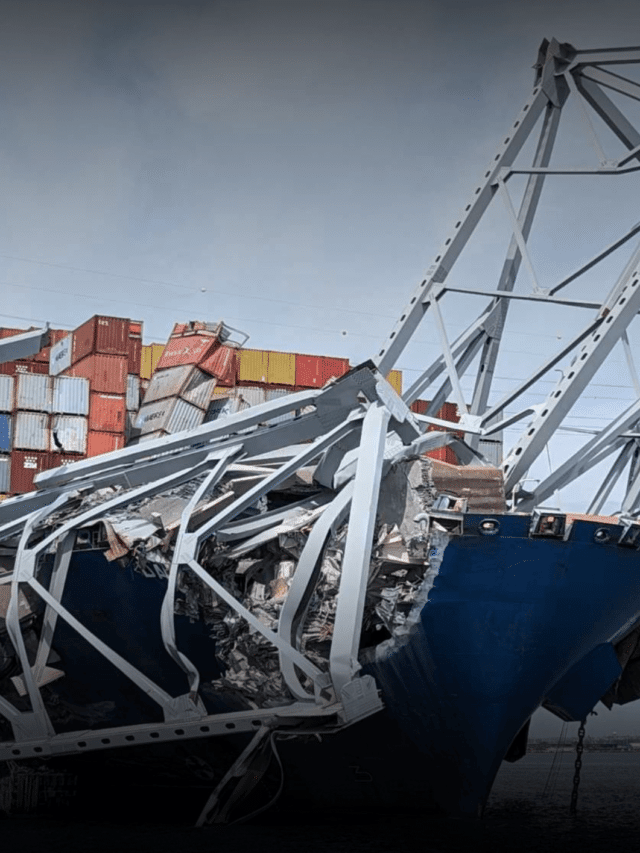
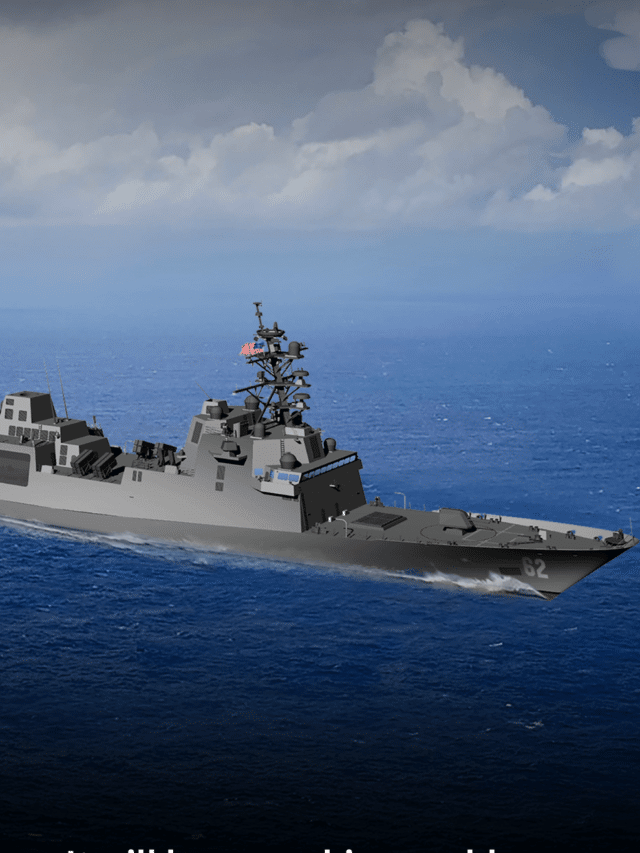
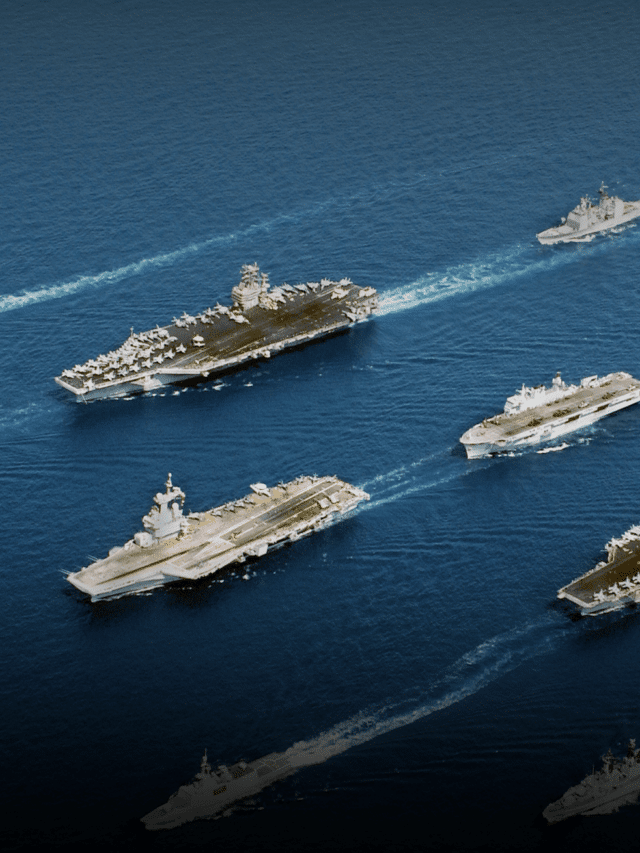
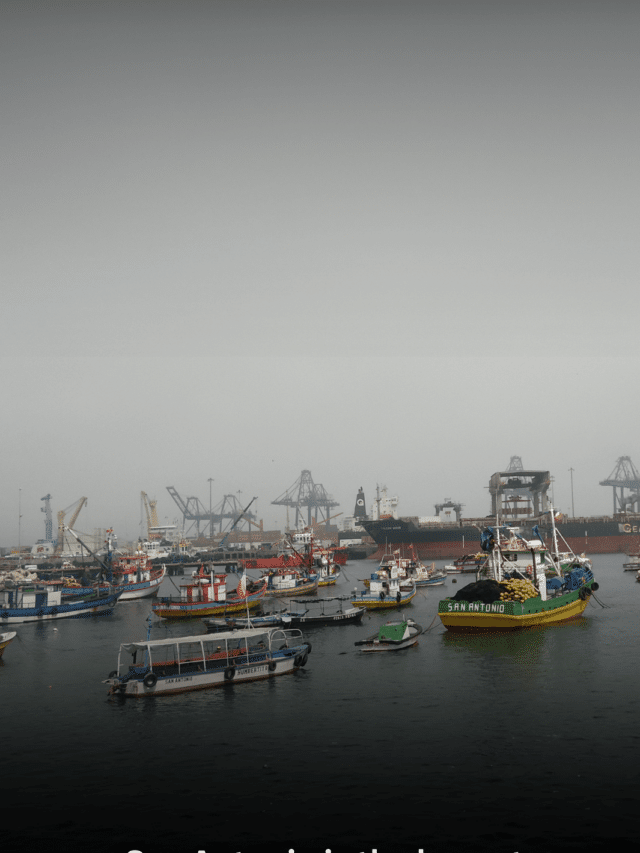
These are some great marine features. Its great the amount of ways electronics can improve your boating experience.
Pls what will it take to be your agent in Nigeria